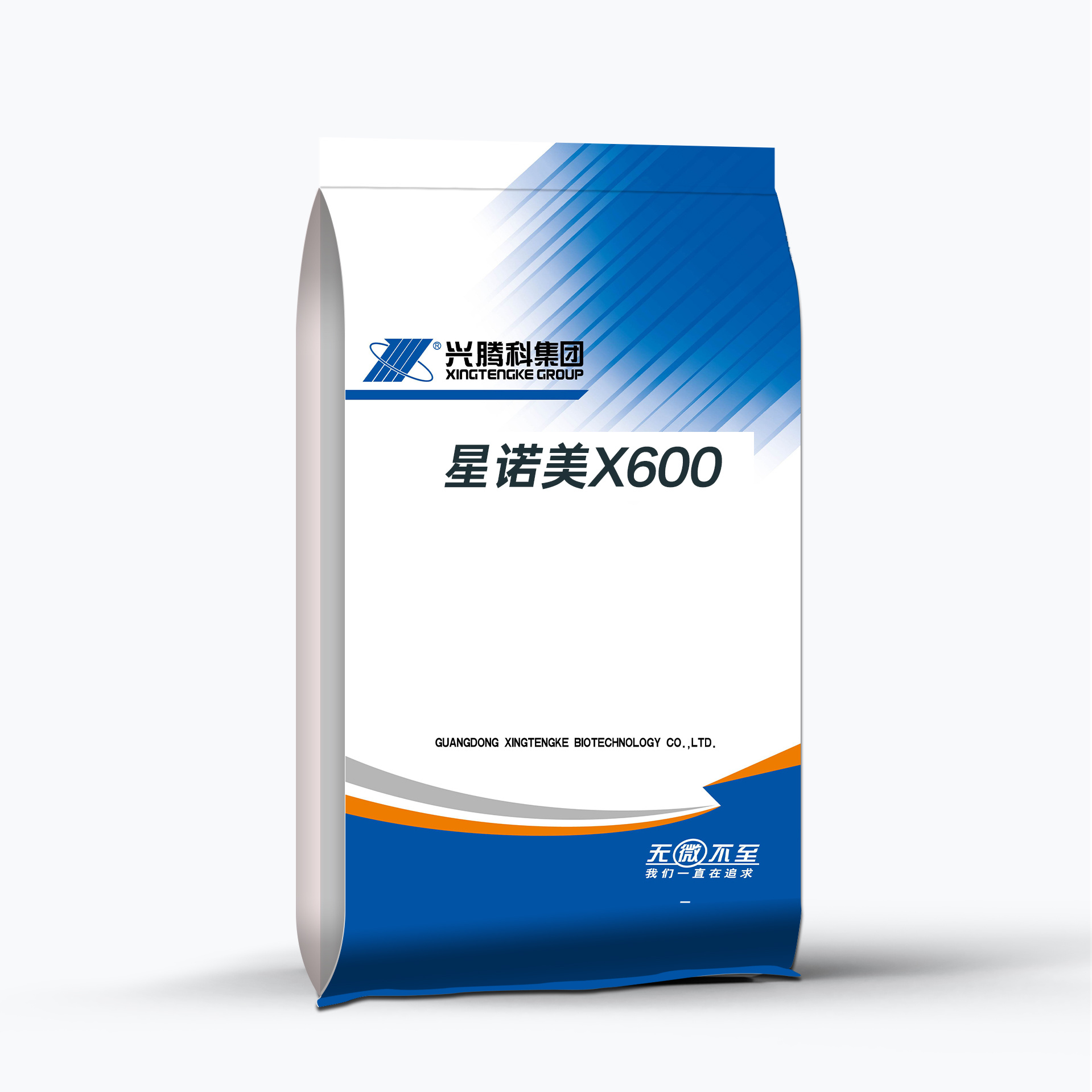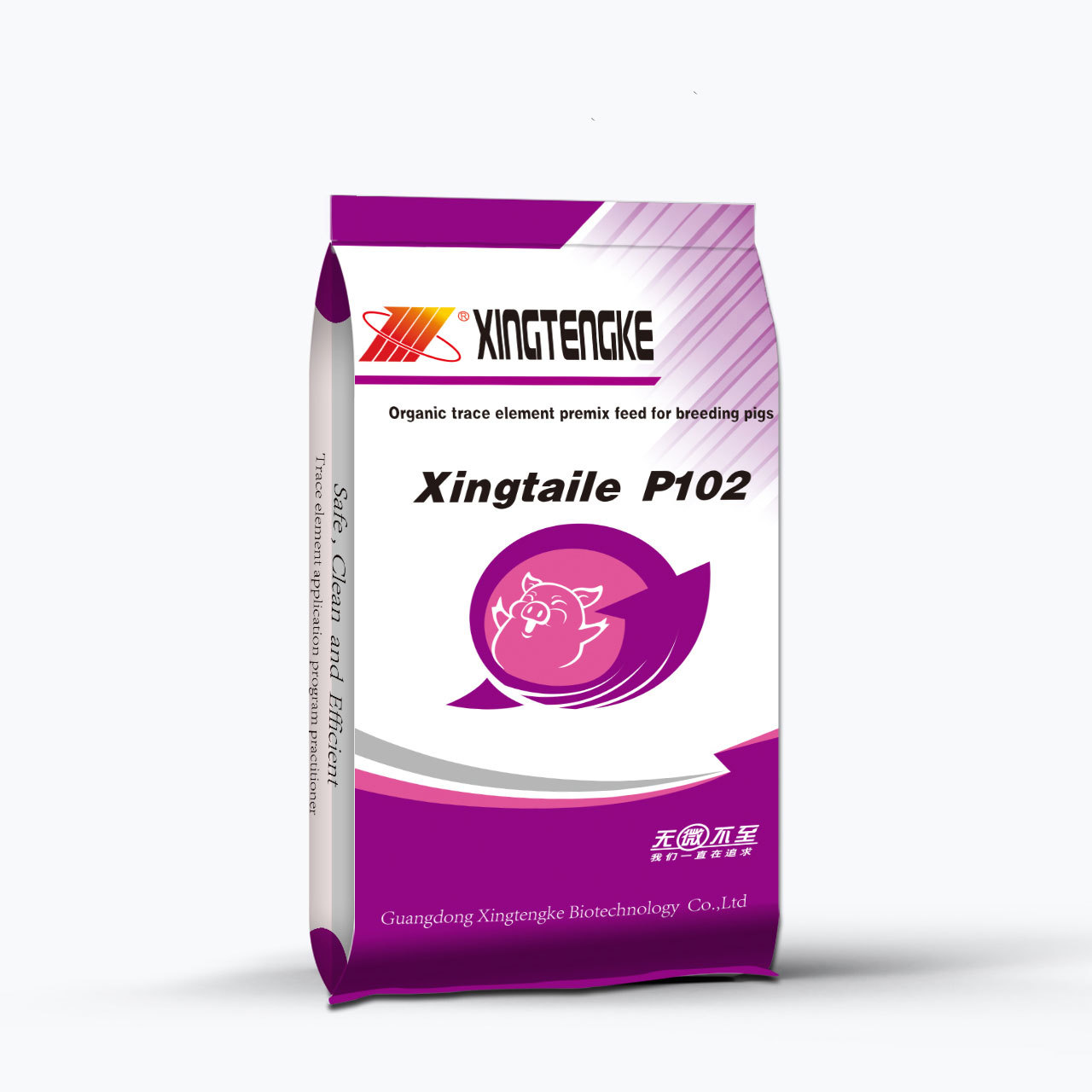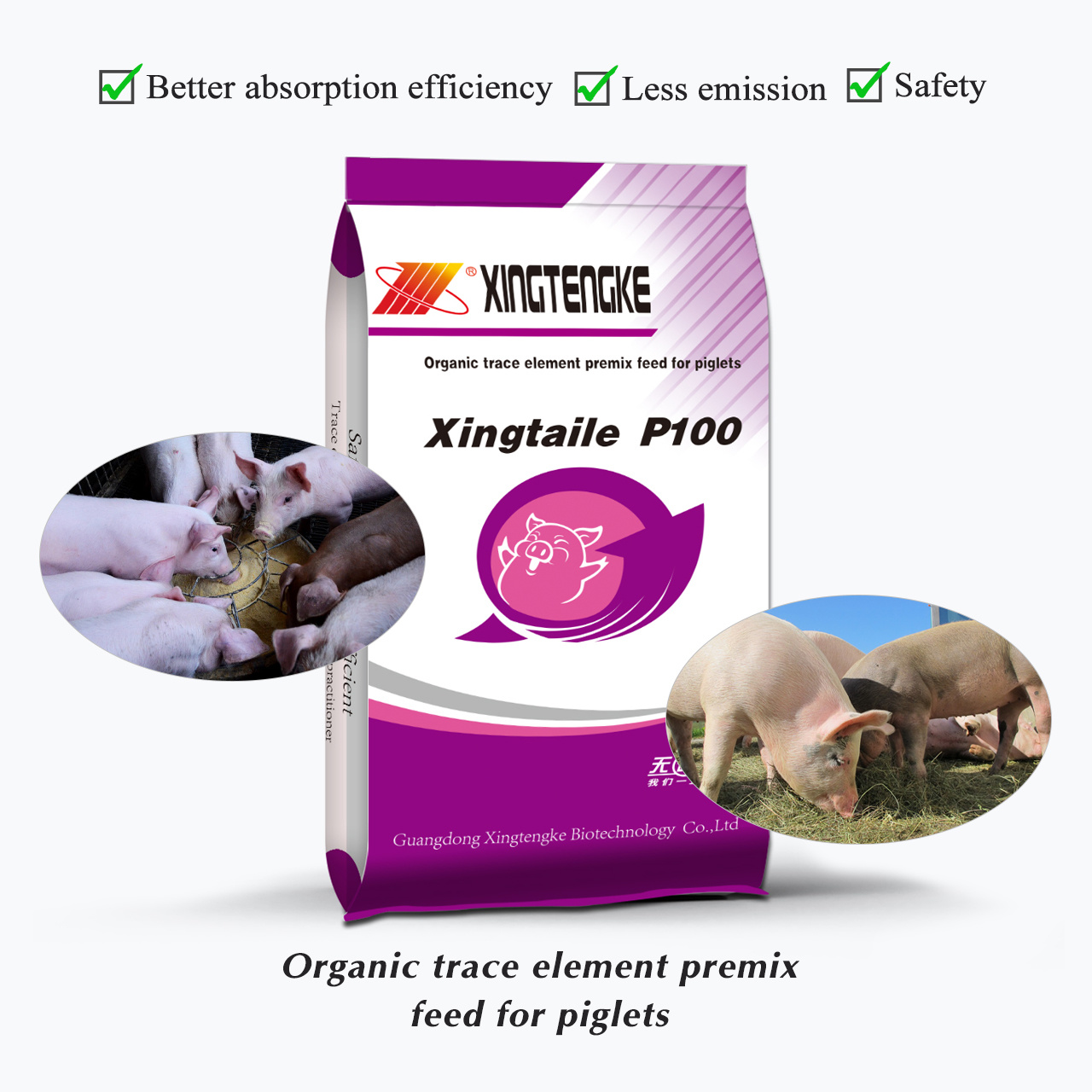Understanding Livestock Trace Mineral Mix: Essential Nutrients for Animal Health
Release time:
2025-09-12 09:21
Source:
Livestock trace mineral mixes are specialized formulations containing a variety of essential minerals that play a crucial role in the health and productivity of farm animals. These trace minerals, while required in small amounts, are vital for numerous physiological processes, including growth, reproduction, and disease resistance. Understanding the significance of these minerals can greatly enhance livestock management practices.
Trace minerals such as zinc, copper, manganese, selenium, and cobalt are commonly included in these mixes. Each mineral serves a unique function; for example, zinc is important for immune function and skin health, while selenium plays a critical role in antioxidant defense systems. Copper is essential for iron metabolism and the formation of connective tissue, whereas manganese is involved in bone formation and metabolism. Cobalt is integral to the production of vitamin B12, which is essential for energy metabolism and the overall health of the animal.
The absence of these trace minerals can lead to various health issues in livestock, including reduced growth rates, poor reproductive performance, and increased susceptibility to diseases. For instance, copper deficiency may result in anemia and poor wool quality in sheep, while selenium deficiency can lead to white muscle disease in cattle. Thus, providing a balanced trace mineral mix is essential for maintaining optimal animal health and productivity.
Formulating an effective livestock trace mineral mix requires an understanding of the specific needs of different animal species and their dietary requirements. Factors such as age, sex, breed, and production stage (e.g., growth, lactation, pregnancy) must be considered to ensure that the mix meets the animals' nutritional needs. Moreover, the soil and forage mineral content also play a role in determining the appropriate levels of trace minerals required in the diet.
Farmers and livestock producers can utilize trace mineral mixes to enhance the nutritional value of their livestock feed. This supplementation helps ensure that animals receive adequate minerals, even when their basal diet might be deficient. By doing so, producers can improve livestock performance, potentially leading to higher yields and profitability.
In conclusion, livestock trace mineral mixes are indispensable for the health and efficiency of farm animals. By understanding the role of essential trace minerals, livestock producers can make informed decisions to optimize animal nutrition and welfare. Ultimately, this leads to a more productive farming operation and contributes to the overall sustainability of the agricultural sector.
Trace minerals such as zinc, copper, manganese, selenium, and cobalt are commonly included in these mixes. Each mineral serves a unique function; for example, zinc is important for immune function and skin health, while selenium plays a critical role in antioxidant defense systems. Copper is essential for iron metabolism and the formation of connective tissue, whereas manganese is involved in bone formation and metabolism. Cobalt is integral to the production of vitamin B12, which is essential for energy metabolism and the overall health of the animal.
The absence of these trace minerals can lead to various health issues in livestock, including reduced growth rates, poor reproductive performance, and increased susceptibility to diseases. For instance, copper deficiency may result in anemia and poor wool quality in sheep, while selenium deficiency can lead to white muscle disease in cattle. Thus, providing a balanced trace mineral mix is essential for maintaining optimal animal health and productivity.
Formulating an effective livestock trace mineral mix requires an understanding of the specific needs of different animal species and their dietary requirements. Factors such as age, sex, breed, and production stage (e.g., growth, lactation, pregnancy) must be considered to ensure that the mix meets the animals' nutritional needs. Moreover, the soil and forage mineral content also play a role in determining the appropriate levels of trace minerals required in the diet.
Farmers and livestock producers can utilize trace mineral mixes to enhance the nutritional value of their livestock feed. This supplementation helps ensure that animals receive adequate minerals, even when their basal diet might be deficient. By doing so, producers can improve livestock performance, potentially leading to higher yields and profitability.
In conclusion, livestock trace mineral mixes are indispensable for the health and efficiency of farm animals. By understanding the role of essential trace minerals, livestock producers can make informed decisions to optimize animal nutrition and welfare. Ultimately, this leads to a more productive farming operation and contributes to the overall sustainability of the agricultural sector.
livestock trace mineral mix









